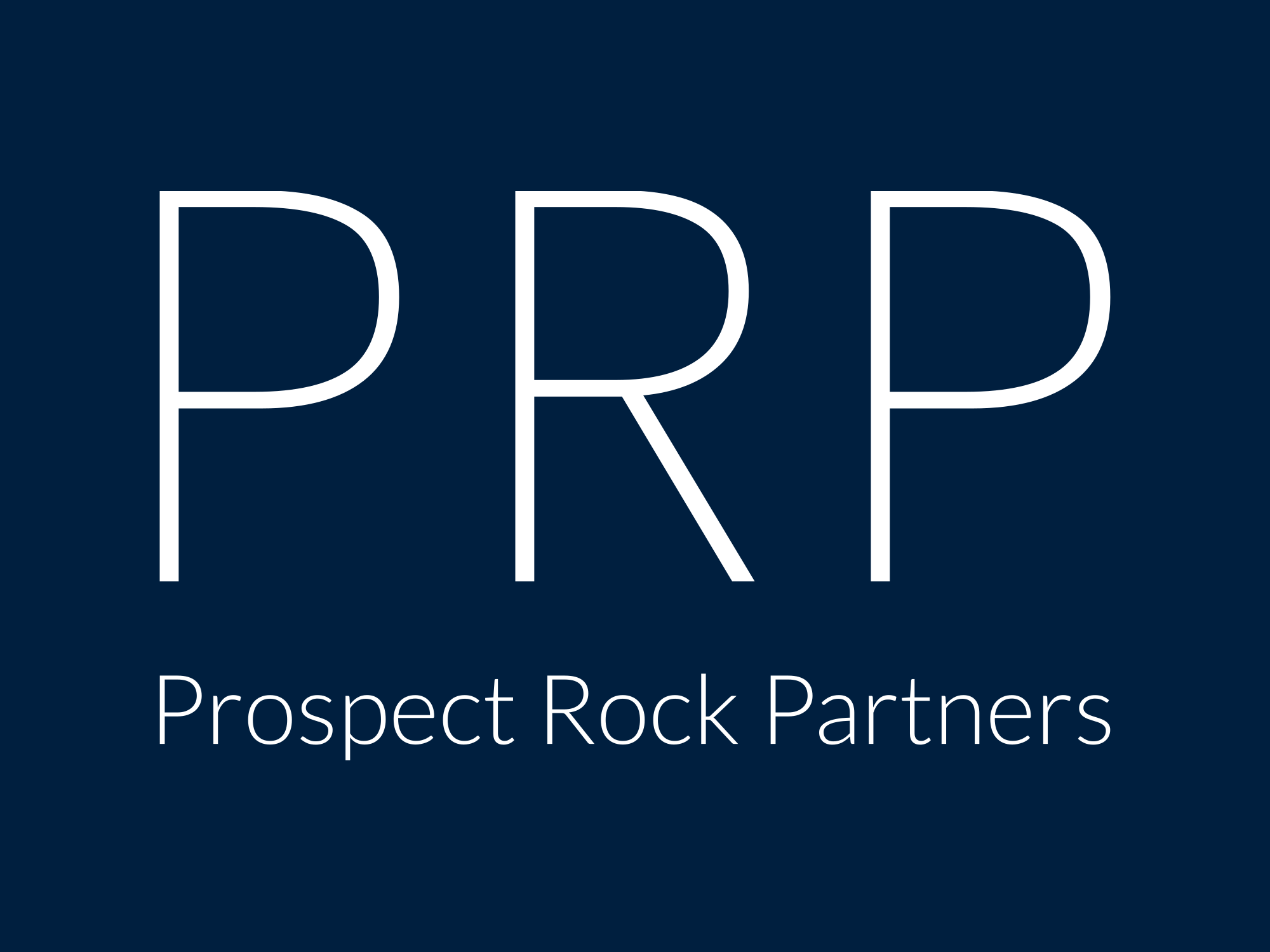Investment Banking can be Soul-Crushing, Burn-Out is Real
As a financial recruiter who specializes in placing M&A professionals in sell-side roles, most of my day is spent on the phone speaking to disgruntled investment bankers. As a former banker myself, I am pretty empathetic. Despite the high compensation, banking can be soul-crushing. Trust me when I say that I have heard it all. Misogynistic staffers, evil MDs, 100+ hour work weeks, high a$$hole factor, no deal flow, platform is too small, no balance sheet, too M&A focused, too many senior bankers, too few junior bankers. The list goes on and on.
Over the past couple of months, I started to hear the same complaint from junior bankers across the bulge bracket and elite boutiques. “I’m burned out” and “I can’t do this anymore”. One junior banker told me that he had recently resigned from his blue-chip firm because of unreasonable physical demands and mental anguish. He had closed 25 deals in 20 months; his group had brought in a collective $950 million for the firm. Unfortunately, despite the amazing deal flow and subsequent sweet bonus, he had dropped close to 30 pounds and was suffering from severe insomnia. The former captain of an Ivy League Lacrosse Team had broken. Banking did this to him.
68% of Junior Bankers are Actively Looking to Make a Move
According to Business Insider, in an informal survey posted to social media, a group of 13 first-year investment analysts at Goldman described being so overworked that they were left with barely any time to shower, eat, or sleep. Compounding an already bad situation, a survey that I recently posted to Linkedin showed 68% of junior bankers (analysts and associates) were actively looking to make a move; 61% of those professionals were looking to exit banking.
Life After Banking
There are several exit opportunities after banking. Unfortunately most of these positions require at least 2 full-years of investment banking experience. One of the amazing things about investment banking is that most banks take considerable time training and developing their junior staff. You are far more marketable if you complete an analyst program. Over the past couple of months I have received several inquiries from junior bankers looking to exit with less than 1-year of experience. Given how hot the market is, I have found that it is possible to rehome a junior analyst to another bank but very challenging to place them in a corporate development or private equity role.
I have also spoken with several senior senior bankers who are looking to exit. Unfortunately it can be very challenging to exit banking above VP. Net, net you are too expensive. Your best bet is to lock-up a VP finance role or fingers crossed jump to a CFO role but these roles are hard to come by. Despite what you may believe, your amazing banking experience is not 100% transferrable.
Corporate Development
One of the best moves a junior banker can make is into a corporate development role. Don’t be surprised but compensation can be quite a bit lower than banking. Often times pre-IPO corporate development roles come with hefty options packages. The more risk, the more potential upside. Other positives include a better work-life balance.
Private Equity
Most bankers think private equity is the promise-land. Yet, once you start your due diligence, you may realize that private equity is effectively investment banking 2.0. Be careful. Depending on the firm the hours and lifestyle in private equity can be as brutal if not worse. Also, not all private equity firms are created equal. The compensation structure is quite different than banking. Often times, base salaries at well-known funds are considerably lower than analysts and associates at banks; carry is only offered at more senior levels.
The Buy-Side
Before you declare “I want to go to the buy-side” you should know what the buy-side is. Why do you want to switch? What do you want to do? What do you think you are qualified to do? Recruiting for the buy-side is very different than recruiting for the sell-side. The buy-side is much less transitory. There is no active “recruiting season” post bonus. Most recruiting is done via networking. If you are interested in jumping to the buy-side, we can help. It’s not quite as easy as you think.
Going Down Market or Transferring to a Regional Office
If you still love banking but HATE the hours and culture, one suggestion is to switch to a smaller platform. Not all banks are created equal and some are definitely more challenging and demanding than others. Most people don’t realize that a small tradeoff (maybe 20%) in comp can lead to a big tradeoff in lifestyle and sanity. Have you ever considered moving to Miami? Atlanta? DC? Boston? Chicago? Minneapolis? Now may be the time to jump. Several boutiques and strong middle market players are looking for talent and would be happy to pick you up.
How PRP Can Help?
We understand the financial recruiting landscape and have extensive experience working with hiring managers at Bulge bracket banks, Elite Boutiques and Private Equity firms. We can help you pinpoint what went wrong and help you course correct so that it doesn’t happen again.
PRP Services
- Clean-up, reformat and retarget your resume so that you can secure more interviews
- Linkedin profile analysis
- Sample mock interview questions
- Sample technical interview questions
- How to Break into Banking Networking Tips and Tricks
- Target Company recommendations
- Target Company Prep Exercises
- Mock-interviews
- Develop a customized networking strategy
- General guidance and support
We know the banks and know what they are looking for. With our guidance and support we will help you navigate this ultra-competitive job market and land your dream role.

